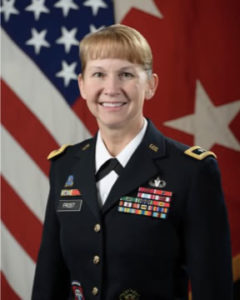
Major General Patricia A. Frost
U.S. Army, Retired
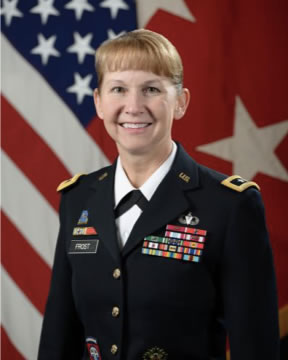
Major General Patricia A. Frost
U.S. Army, Retired
Patricia is currently a Director of Cyber where she manages operational risk in the cyber domain for industry partners, coaches cyber operational readiness for corporate leaders and leads organizational behavioral change to increase cyber resiliency. Patricia’s most recent duty assignment prior to retiring from active duty service in 2018 was as the first Director of Cyber, Electronic Warfare and Information Operations for the Department of the Army. There she led the Army’s development of strategy, policy and the budget ($2.5B) for these critical disciplines. In this capacity, she also led the Army’s efforts to cyber harden its most critical weapons systems; built an operational cyber resiliency program for the Army’s installations as the internet of things continues to evolve; and led the planning and development of the U.S. Department of Defense Persistent Cyber Training Environment.
During her time as the Deputy Commanding General of U.S. Army Cyber Command, she was responsible for training, building and equipping the Army’s offensive and defensive cyber force. She also led the effort for the design and build of U.S. Army Cyber Command’s new operational headquarters facility ($110M) at Fort Gordon, Georgia and its integration into Augusta and the greater Central Savannah River Area.
Patricia has three decades of global intelligence experience serving in senior intelligence positions in the Indo-Asia-Pacific and Middle East including three combat tours. She has led enterprise efforts at the highest levels of the U.S. government to facilitate information sharing and ensure problem solving between strategic and operational military organizations and their interagency and international partners. She is a strategic intelligence and cyber leader and subject matter expert in real time, high technology intelligence, cyber and electronic warfare systems.
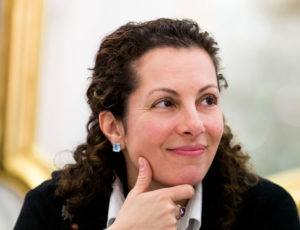
Dr. Beth Simone Noveck
State of New Jersey, Chief Innovation Officer
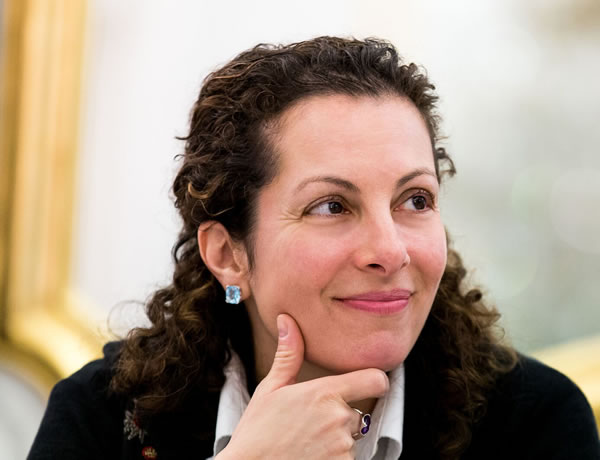
Dr. Beth Simone Noveck
State of New Jersey, Chief Innovation Officer
Beth Simone Noveck serves as the State of New Jersey’s first Chief Innovation Officer - a position she was appointed to by Governor Philip D. Murphy in August 2018. In this capacity, Dr. Noveck, a native of New Jersey, focuses on enhancing innovation in government and in the Garden State’s economy. Using better data, more collective intelligence and agile technology, her team leads projects, designs policies and advises agencies on innovative strategies to improve the lives of New Jerseyans. She also serves as the Chair of the Governor’s Future of Work Task Force, and sits on the Governor’s Jobs and Economic Opportunity Council.
In addition to her role as New Jersey’s Chief Innovation Officer, Dr. Noveck is a professor at New York University’s Tandon School of Engineering and a Fellow at NYU’s Institute for Public Knowledge. She also directs NYU’s Governance Lab, an action research center studying the impact of technology on governing. Previously, Dr. Noveck served in the White House as the first United States Deputy Chief Technology Officer, and as director of the White House Open Government Initiative under President Obama. UK Prime Minister David Cameron later appointed her senior advisor for Open Government, and German Chancellor Angela Merkel named her a member of her ten-person digital council.
She is a graduate of Harvard University and Yale Law School, and was named one of the “World’s 100 Most Influential People in Digital Government 2018” by Apolitical. Previously, she was selected as one of the “Foreign Policy 100″ by Foreign Policy as well as one of the “100 Most Creative People in Business” by Fast Company and “Top Women in Technology” by Huffington Post. Dr. Noveck has written multiple books, and has been published extensively, on how technology can improve governing. She tweets @bethnoveck.
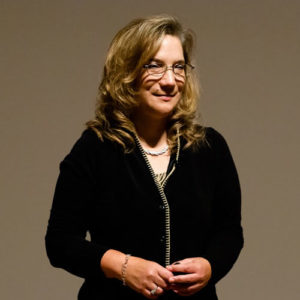
Dr. Barbara Lockee
Professor at Virginia Tech, Vice President of the International Academic Forum
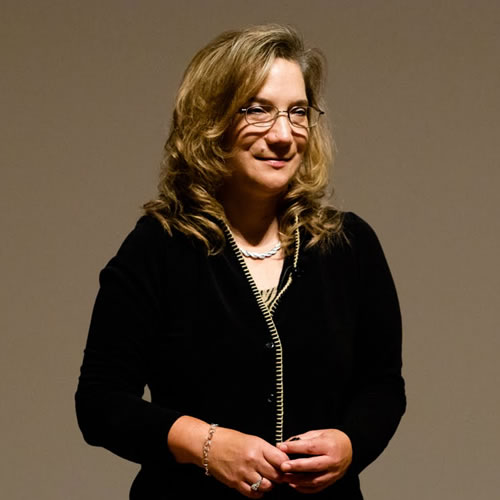
Dr. Barbara Lockee
Professor at Virginia Tech, Vice President of the International Academic Forum
The process of digital transformation provides a litany of challenges and opportunities in the world of education. As the pace of technological innovation accelerates and the educational tools at our disposal evolve, it is essential to keep our focus on the ultimate goal of using these technologies - the educational development of our students. Drawing on a wealth of experience in educational research and instruction, featured speaker Dr. Barbara Lockee of Virginia Tech will outline how we can take advantage of the opportunities presented by digital transformation to build learner centric educational models, where evolving technologies aren't adopted for the sake of using the "latest and greatest" tech, but in support of an engaging, stimulating student experience.
Bio:
Dr. Barbara Lockee is Professor of Instructional Design and Technology at Virginia Tech, where she is also Associate Director of the School of Education and Associate Director of Educational Research and Outreach. She teaches courses in instructional design, message design, and distance education. Her research interests focus on instructional design issues related to technology-mediated learning. She has published more than 80 papers in academic journals, conferences and books, and has presented her scholarly work at over 90 national and international conferences.
Dr. Lockee is Immediate Past President of the Association for Educational Communications and Technology, an international professional organization for educational technology researchers and practitioners. She earned her Ph.D. in 1996 from Virginia Tech in Curriculum and Instruction (Instructional Technology), MA in 1991 from Appalachian State University in Curriculum and Instruction (Educational Media), and BA in 1986 from Appalachian State University in Communication Arts.
Professor Barbara Lockee is a Vice President of International Academic Forum (IAFOR). She is Chair of the Education & Language Learning division of the International Academic Advisory Board.

